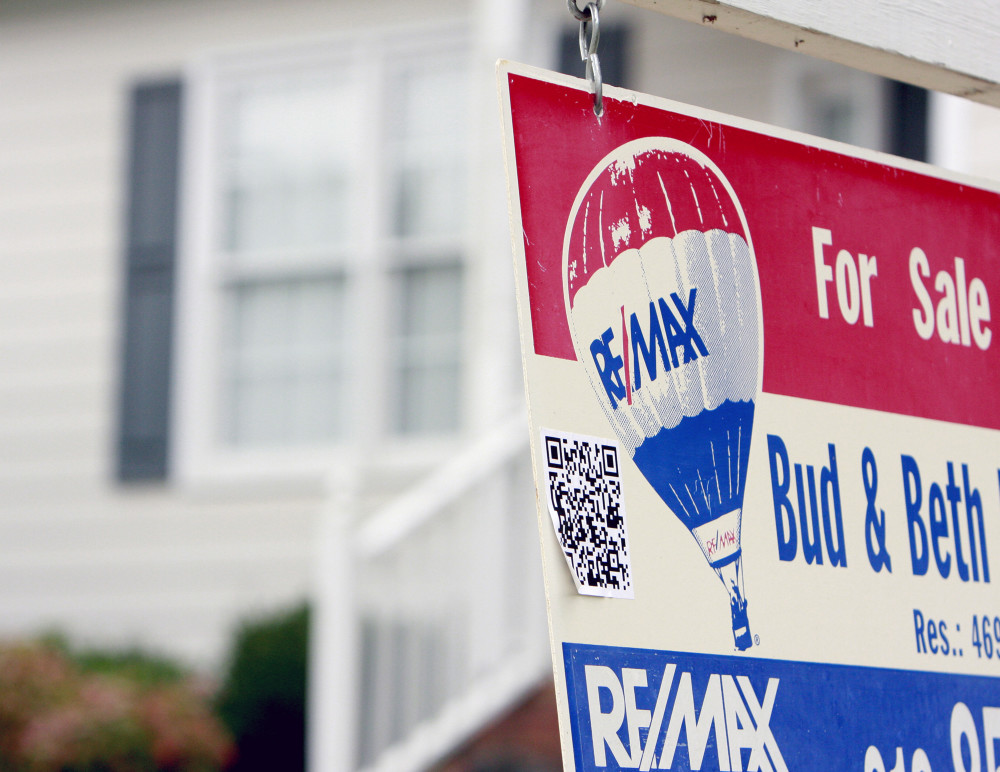By Janna Herron
Bankrate.com.
Being your own boss can come with a host of perks such as setting your own dress code (read: pajamas), a flexible schedule and a cubicle-less existence. But one financial benefit, tax write-offs, morphs into an ugly disadvantage when self-employed workers try to get a mortgage. It’s not impossible to get a mortgage when self-employed, but it definitely requires advanced planning or stepping outside of conventional financing.
There are almost 9 million self-employed people in the United States, representing about 6 percent of nonagricultural workers, according to the U.S. Bureau of Labor Statistics. Many of these people earn a good living but find it hard to qualify for home loans. Borrowers typically have to provide two years’ worth of tax returns, which often don’t accurately reflect the take-home pay of self-employed people.
“How we qualify self-employed doesn’t always agree with how the IRS says you can run your business legally,” says Pava Leyrer, training and development manager at Northern Mortgage Services in Grand Rapids, Mich. “So they are finding it harder to get a loan unless they want to show more income to the IRS. It’s a fine balance.”
Self-employed people can take advantage of a slew of tax deductions related to their businesses, from retirement plans to business meals and entertainment to interest on business loans or business credit card interest. It reduces their taxable income, so Uncle Sam doesn’t empty their pockets at tax time.
But when mortgage underwriters look at tax returns for proof of income, they see income after business expenses have been deducted. The result often is a much lower figure than what the self-employed person actually takes home. This could reduce the loan amount that the borrower can qualify for, or even result in rejection.
“If they are making money and the tax returns don’t show it, I can’t help them,” says John Stearns, a senior mortgage banker at American Fidelity Mortgage in Wisconsin.
In some cases, mortgage lenders will allow certain deductions to be added back to the income such as depletion, depreciation or a large, nonrecurring item, Leyrer says.
“I had a customer who owned a restaurant with a liquor license. He wrote off $90,000 for a one-time expense for the license,” she says.
If you’re self-employed, Leyrer recommends that you prepare longer than most borrowers before buying a home. The easiest way is to write off fewer expenses in the two years leading up to the big purchase. Clean up your finances so that your business doesn’t commingle with your personal funds. For example, pay for a computer using a business credit card rather than a personal one, because some lenders may not count that debt against you because it belongs to the business, she says.
Also, choose your years carefully. While lenders will ignore seasonal spikes and valleys in income by averaging out income over 24 months, they won’t like seeing a decline in income from one year to the next.
“By definition, these businesses can be highly volatile,” Stearns says, “so if one year shows income and the next year shows half as much, that could be a problem. You want to show an increase from year to year to show that business is good.”
If those moves don’t help you get a home loan, you may need to enlist someone who has high enough income on their tax returns as a co-signer on the mortgage, says Dave Norris, president and chief operating officer of loanDepot.
“Or, look at a smaller loan that is easier to qualify for,” Norris says. “If the goal is an investment, then get into a mortgage by buying a condo or townhome.”
Another option for self-employed workers is getting an “alternative income verification loan,” the more responsible cousin of the “no-doc” and “stated income” home loans from housing’s go-go years. So far, only niche lenders, such as Western Bancorp, offer these.
The company qualifies self-employed borrowers using 12 months’ worth of business bank statements and personal bank statements to create a cash-flow analysis.
“We determine how much positive cash flow this person has,” says Rick Soukoulis, chairman and CEO of Western Bancorp. “Borrowers also must provide a profit-and-loss statement to match to the bank statements.”
Western Bancorp requires a minimum credit score of 620. Maximum loan-to-value is 75 percent up to $1 million and 65 percent to $2 million. The interest rate is about 1 percentage point higher than a conventional fixed-rate mortgage, and it is structured as a 5/1 adjustable-rate mortgage. The mortgage is available only in California and through mortgage brokers.
“We brought it out about a year ago because there were 1.7 million self-employed borrowers in California who couldn’t get financing,” says Soukoulis. “I think it will become mainstream in the next few years.”














































































































































































































































































































































































